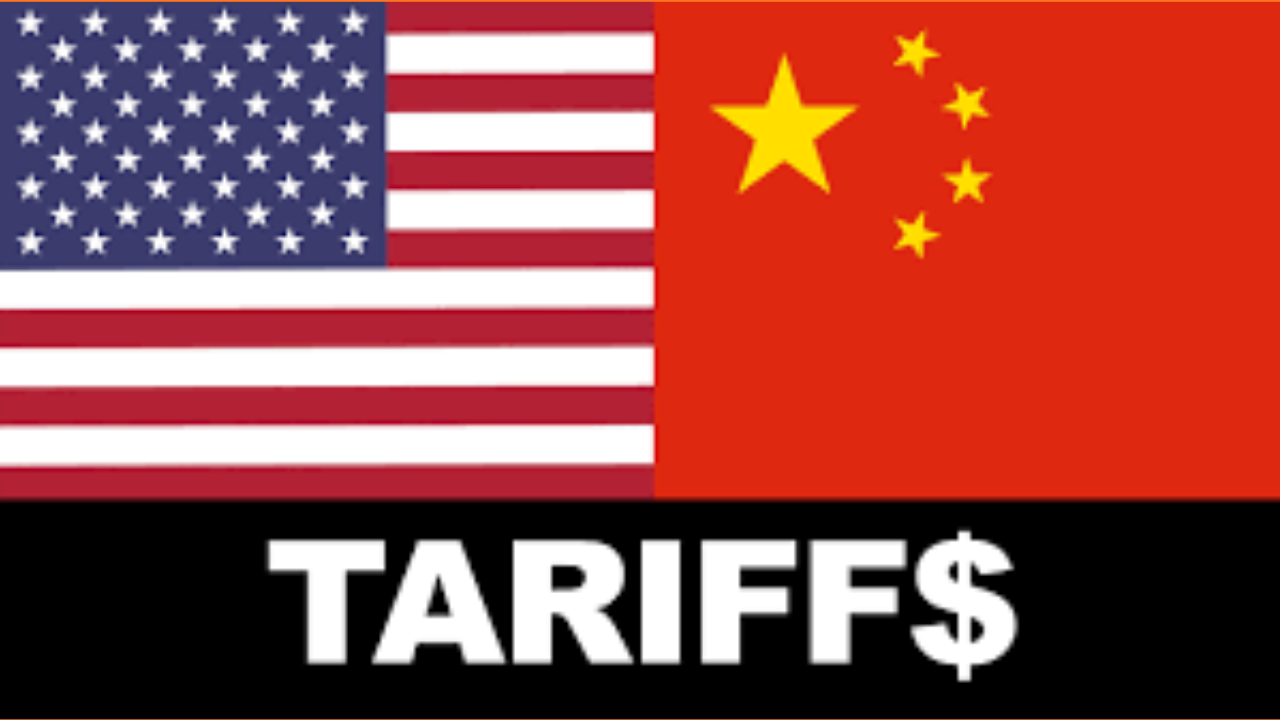The ongoing trade dispute between the U.S. and China has intensified, with the Administration announcing it is considering terminating trade in cooking oil and other products as retribution for China’s deliberate halt of U.S. soybean purchases.1
Thank you for reading this post, don't forget to subscribe!This move marks a significant escalation, utilizing a new sector—edible oils—as leverage in the long-running trade negotiations.
Key Takeaways for Business
- Trade Threat: The U.S. President has described China’s decision to avoid buying American soybeans as an “Economically Hostile Act.”2 The administration is weighing a termination of business relations on specific goods, specifically mentioning cooking oil imports from China.3
- Context: The Soybean Standoff: China, historically the largest buyer of U.S. soybeans (purchases were valued at around $12.6 billion in 2024), has effectively boycotted U.S. crops.4 This move is severely impacting American soybean farmers, especially in the Midwest, and is viewed by Beijing as a negotiating tactic against renewed U.S. tariffs.5
- China’s Pivot: In response to the trade tensions, China has significantly diverted its sourcing of soybeans to South American nations like Brazil and Argentina.6 This shift is not only harming U.S. agricultural exports but also consolidating the market dominance of South American suppliers, a long-term risk for American growers.7
- Cooking Oil Trade Dynamic: The U.S. imports a significant volume of processed edible oils, including used cooking oil (UCO), from China, largely to support its biomass-based diesel industry.8 Terminating this trade relationship would force the U.S. to rapidly seek alternative supply chains or accelerate domestic production capabilities, as the Administration claims the U.S. can “easily produce Cooking Oil ourselves.”9
- Market Impact: The renewed trade tensions have caused volatility in financial markets, with commodity prices and futures facing uncertainty.10 Companies involved in agricultural commodities, food production, biofuel, and international logistics should prepare for supply chain disruptions and price fluctuations in oilseeds and edible oils.
Strategic Considerations
- Supply Chain Review: Businesses reliant on soybean products (feed, meal, oil) or Chinese-sourced cooking oil should immediately stress-test their supply chains and identify alternative suppliers or domestic production options.
- Commodity Hedging: Given the market volatility, companies may need to review and potentially increase their hedging strategies for soybean and other oilseed-related commodities.
- Long-Term Market Share: The prolonged dispute risks permanently eroding the U.S. share of the critical Chinese soybean market, a trend that began during the initial trade war. This consolidation of Chinese demand with South American suppliers presents a lasting change to global agricultural trade flows.


















Thankyou for sharing the information with us.